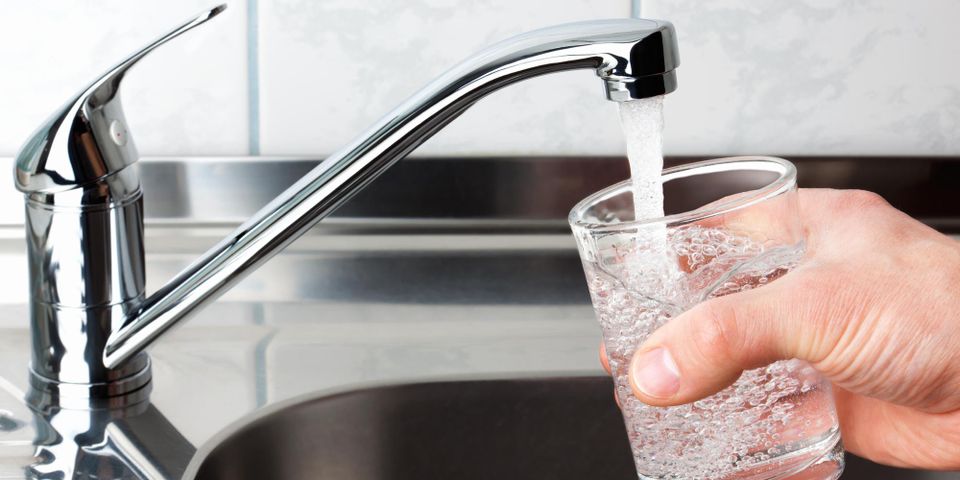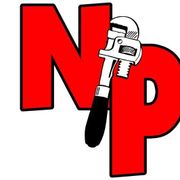
Some properties need backflow prevention devices for their plumbing systems. These pieces of equipment keep sewage and irrigation runoff from backwashing into your supply, but if they aren’t maintained properly, they could fail. That’s why it’s important to have them tested by a plumber. The guide below explains how backflow happens and why routine testing matters.
What Is Backflow?
Back siphonage occurs when water flow is reversed—that is, if wastewater that should be flowing into a sewer instead comes back up your pipes. This can happen for many reasons. For example, a broken water main can cause an imbalance of pressure in the pipes that, in turn, alters the direction of fluid movement.
This is inconvenient, messy, and potentially dangerous. Wastewater may contain contaminants like bacteria and chemicals like herbicides absorbed from soil.
Why Should a Plumber Test Your Backflow Preventers?
 In systems where backflow is a risk, the pipes may be equipped with a backflow preventer, a valve system that acts like a one-way gate. By allowing water to only flow one way, this system prevents cross-contamination. However, like any piece of plumbing, a backflow preventer will begin to wear over time, and eventually may fail if not properly maintained.
In systems where backflow is a risk, the pipes may be equipped with a backflow preventer, a valve system that acts like a one-way gate. By allowing water to only flow one way, this system prevents cross-contamination. However, like any piece of plumbing, a backflow preventer will begin to wear over time, and eventually may fail if not properly maintained.
To reduce the risk to your property, have a licensed and certified plumber inspect any such devices at least once annually as required by law and repair or replace them as needed. Owners of rental properties must have similar inspections performed to protect their tenants.
Homeowners throughout St. Paul, MN, can count on Norblom Plumbing for reliable plumbing inspection, repair, and replacement services. Since 1923, they’ve specialized in reduced pressure zone (RPZ) testing. They also replace water heaters, run plumbing for remodels, and connect appliances like washing machines. To learn more about their services, visit their website. Call (612) 827-4033 to schedule a visit from a qualified plumber on their team.
About the Business
Have a question? Ask the experts!
Send your question

